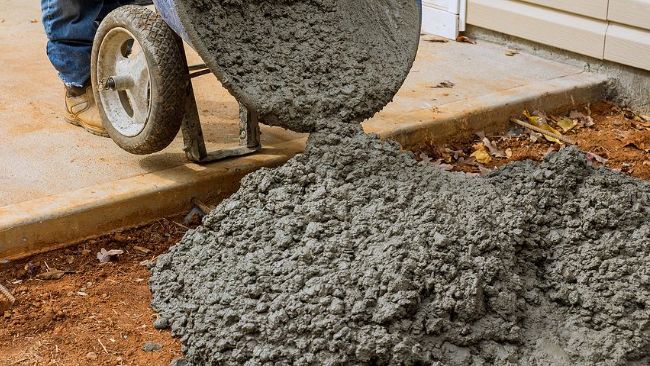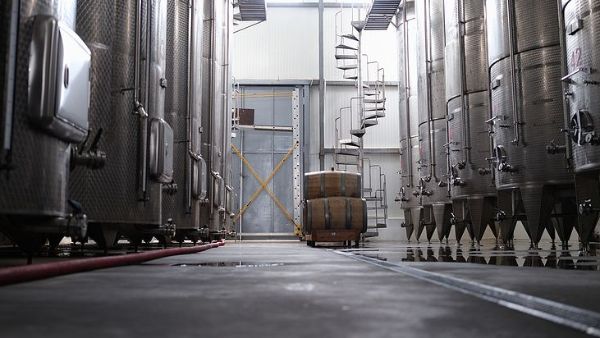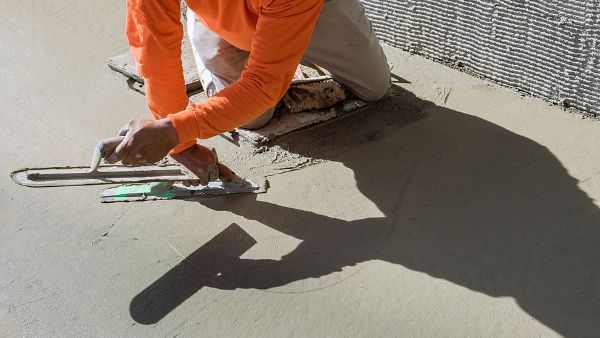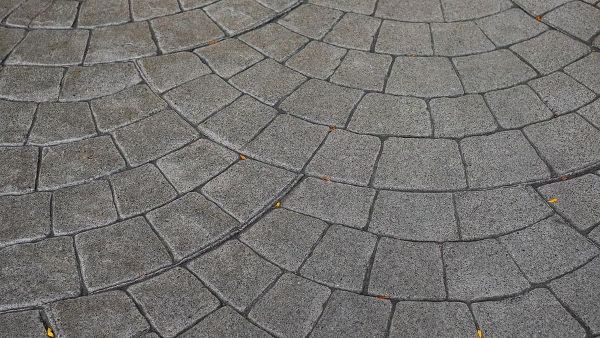Waterproof Your Concrete: 10 Ways To Prevent Water From Damaging Concrete
Waterproofing Concrete and a Concrete Contractor
Concrete is the preferred construction material for driveways, foundations, and sports courts. While the material is not waterproof, you can protect your concrete from water damage. A little preparation and maintenance can help your flatwork last for decades. Consider incorporating concrete into your building plan for your new home or pavement project. Here are some things you can do to improve the look of and extend the life of your concrete installation.
Modify Your Installation
Your concrete contractor can discuss the options available to make the concrete more durable and water-resistant. Concrete is porous, meaning there are air pockets inside the mixture. If water droplets fill those pockets, they can erode the concrete. The contractor can change the water-to-concrete ratio, limiting the number of air pockets so less water can absorb into those channels. Alternatively, they can use an admixture when mixing the concrete. Admixtures can make the concrete more water-resistant.
Seal the Area
A sealant keeps water from absorbing into the concrete. Just as a crack on the outside of the driveway expands and contracts with the seasons, those same channels expand and contract with the water. A physical barrier keeps moisture from the interior of the concrete. Be sure to understand how to maintain the sealant for the long term. Some may need to be reapplied annually. Certain chemicals should not be put on sealed concrete.
Create Non-Slip Surface
When installing concrete around a swimming pool or hot tub, request a non-slip finish be placed on the concrete. This gives added security when you or your family are at the pool. Consider adding a texture to the concrete. Textured concrete helps keep the patio cooler during the hot summer months. Sealants may be added to protect textured concrete. Texturing the basement floor is a great way to protect the inside of your home.
Direct Water Runoff
One of the easiest ways to prevent water damage is to keep the water away from the concrete. Use trenches, swales, and French drains to direct water away from your driveway, patio, or sport court. The concrete should also be installed sloping away from the building foundation. This allows stormwater to run off the concrete. Not only do you protect your concrete, but you also limit damage from stormwater runoff. In addition, the integrity of your building’s foundation is protected.
Establish an Inspection Routine
Take the time to look at your concrete flatwork several times a year. A visual inspection can help you identify potential issues before they become significant problems. If you have any concerns, speak with your contractor. Look for signs of damage, including:
- Cracks in concrete
- Weeds growing in cracks or between slabs
- Uneven concrete
- Erosion at the base or corners of the flatwork
- Evidence of mold inside your home
Keep It Clean
Use a hose to rinse your concrete driveway, sidewalk, or patio. Avoid using a pressure washer, as the water pressure can chip or damage the concrete. Removing dirt and gravel from your concrete prevents chipping and discoloration. Pulling weeds that grow between driveway concrete slabs keeps tiny roots from forming in cracks, which cause water damage and eventual failure.
Contact Your Municipality
Call your local planning and zoning office, and ask about their land improvement requirements. Some ordinances have a setback where you cannot place concrete or other permanent improvements near the property boundary. It is better to get this information before you begin work. If not, the municipality can ask that you remove areas encroaching into the setback area. Cutting concrete after installation can open the interior to water exposure.
Be Creative
Show off your personality with your concrete installation. Stains change the color of the concrete, allowing you to complement the building’s exterior. Using recycled waste latex paint to color concrete can help the environment and increase the durability of concrete. Textured and stamped concrete gives you the look of brick without the added cost. These are the same textures that give your concrete its anti-slip protection.
Apply a Waterproof Membrane
Waterproof membranes may be applied to your foundation walls. These membranes are physical sheets or liquid materials sprayed on the foundation walls and floors. Waterproof membranes protect your foundation from mold or other damage from water leaks or floods. It also forms a physical barrier that keeps chemicals in the ground from being absorbed into the building.
Use a Vapor Barrier
For existing structures, consider applying a vapor-blocking sealant onto the floor. Because concrete is porous, if liquid spills on the floor, it can be absorbed into the tiny air pockets in the concrete. Moisture from below the floor can keep the spill moist, and the odor can remain. Vapor barrier sealants keep those odors at bay.
With some planning and coordination, you can have well-maintained concrete in and around your home. Be sure to discuss the best options based on the type of installation and your geographic area. Your contractor can direct you to the best modifications for your needs. When you are ready to discuss creative ways to use concrete in your building design, contact us at 707-620-0904.





